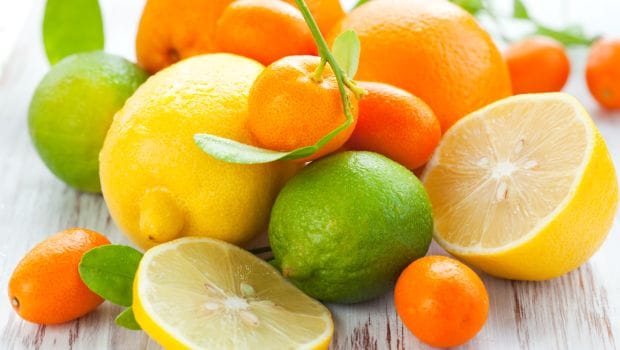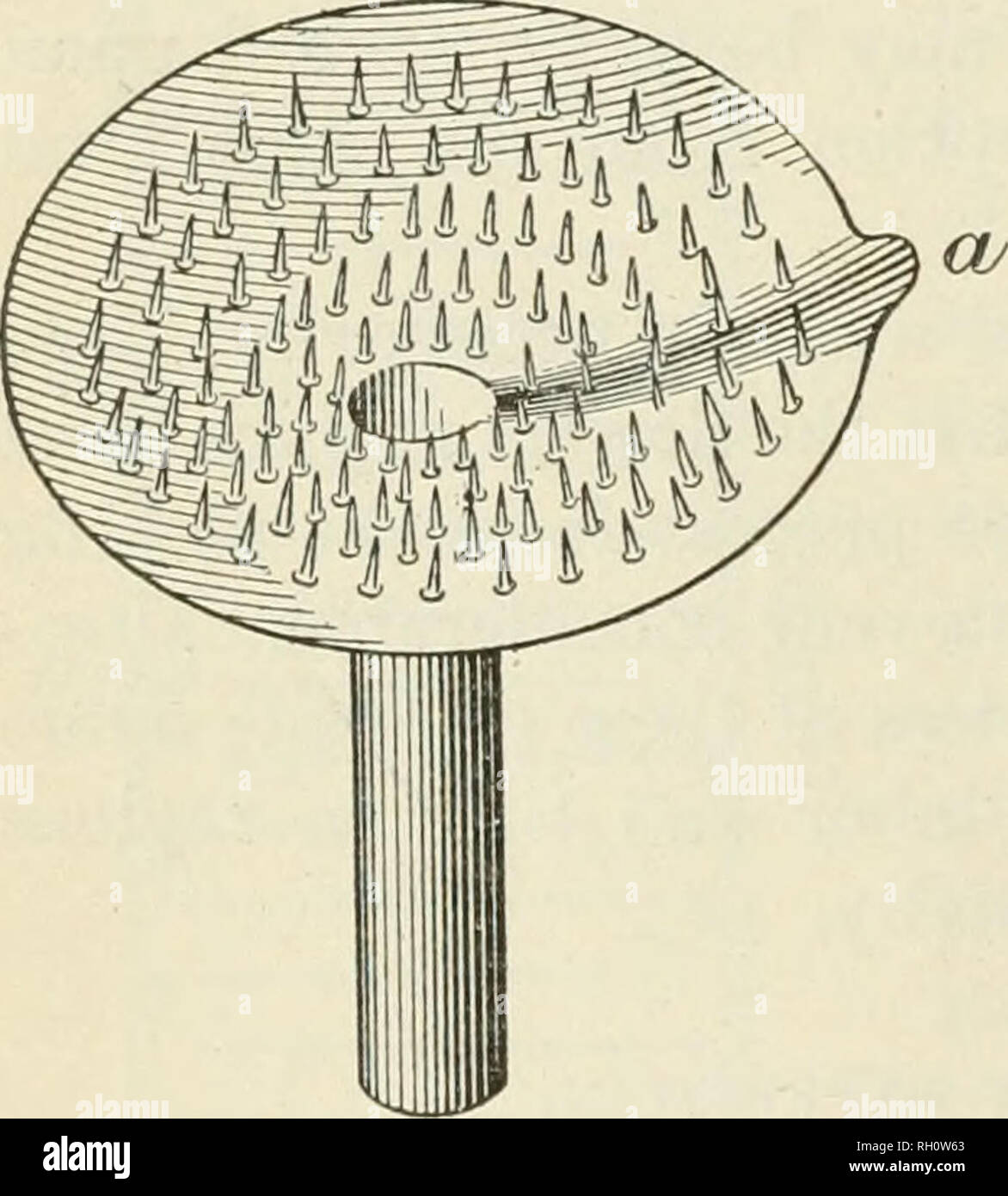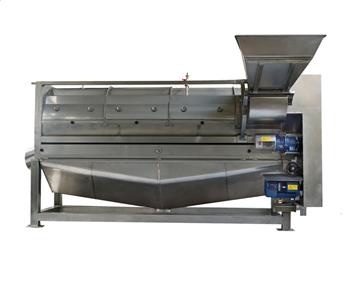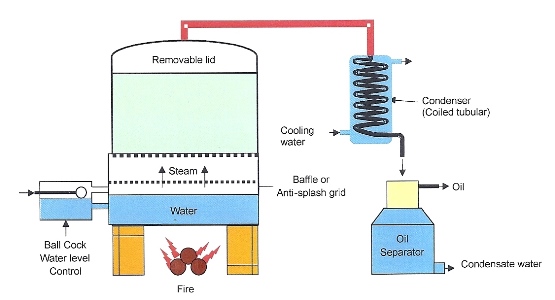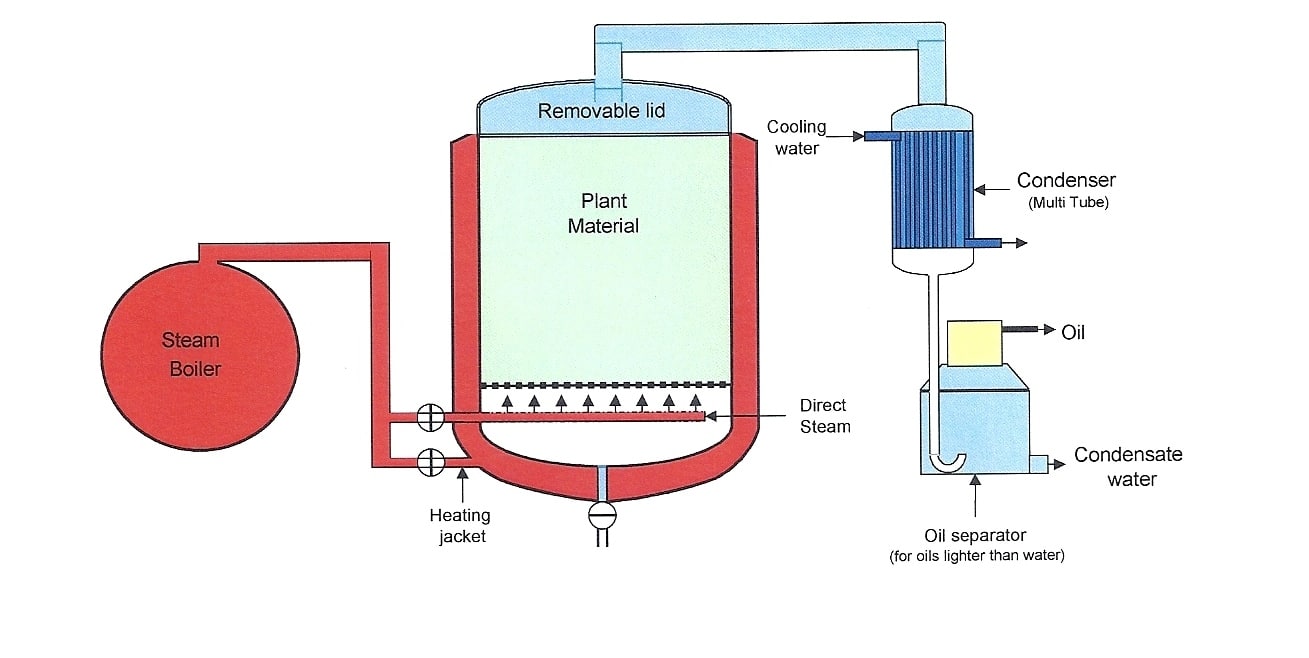Davana is used in Ayurvedic medicines and is an integral part of Indian folklore and culture. The fresh flowers of Davana are offered to Lord Shiva, perhaps as a token of recognition of its medicinal properties. The plant is braided into wreaths and bouquets for use in rituals and to decorate temples.
The essential oil of Davana is extracted by steam distillation of flowers of Davana (Artemisia pallens) plant. Davana Essential Oil possesses a rich, fruity, slightly woody aroma.
Davana essential oil helps fight depression through relaxation. It reduces blood pressure in order to give relief from symptoms associated with stress and anxiety. The oil induces mental peace, positive energy and spiritualism. The oil relaxes contraction in muscles and blood vessels, while also having a relaxing effect on the brain and the nervous system. This helps you get a good sleep as well.
The oil has mild vermifuge and insect repellant properties and if used in fumigants, sprays or vaporiser, it disinfects the whole area. Perhaps this is one of the reasons why Davana flowers are used during religious rituals.
The above products are available with Sugandhadhya and Cosmic Merchandiser.



